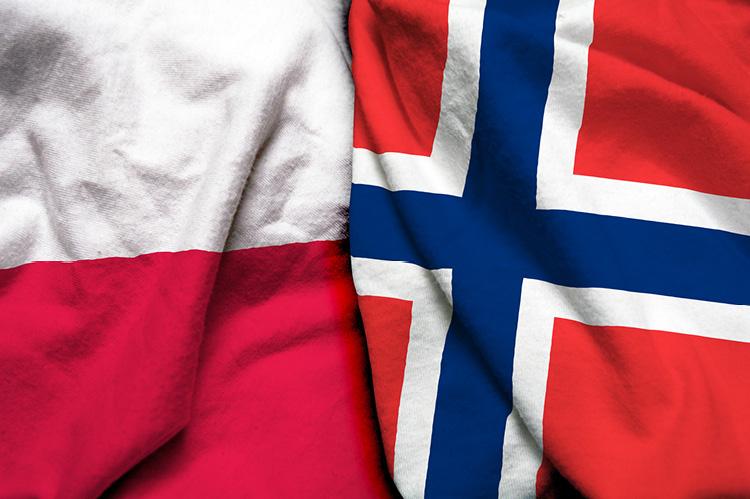Poland and Norway Launch the Baltic Gas Pipeline to Wean Off Russian Gas

Leaders of Norway, Poland, and Denmark, on Tuesday, September 27, 2022, launched the Baltic gas pipeline to help Poland and Europe reduce their long-standing dependency on Russian natural gas.
The Baltic gas pipeline was officially launched at an opening ceremony in Goleniów, Poland. The ceremony was spearheaded by Polish President Andrzej Duda, Prime Minister Mateusz Morawiecki, Norwegian Energy Minister Terje Aasland, and Danish Prime Minister Mette Frederiksen.
"The era of Russian domination in the field of gas is coming to an end, the era that was marked by blackmail, threats, and extortion," Polish Prime Minister Mateusz Morawiecki stated at the event. His Danish counterpart, Mette Frederiksen, also emphasized they must do everything to do away with Russia's energy dependence, which Moscow uses to blackmail Eastern European countries.
The new pipeline, which cost Danish and Polish distribution operators Energinet and Gaz-System about $1.6 billion, will transport natural gas from Norway via Denmark to Poland and the surrounding countries, providing diversification for Russian gas. The Norway-Poland Baltic gas pipeline project is part of the Polish strategy to end Russian gas imports into the country.
Poland started working on reducing energy dependence on Russia years before the Russia-Ukraine war caused a global energy crisis. The Baltic Pipe will allow the importation of up to 10 billion cubic metres of gas every year from Norway to Poland while delivering 3 bcm of gas from Poland to Denmark.
The newly completed gas pipeline project has attracted tremendous interest across Europe and has so far received over $266 million of EU funding. According to the European Commission, the funds will facilitate preparatory research and construction work.
EU Commissioner for Energy, Kadri Simson, said that the project would play a vital role in reducing the current energy while also appreciating the Danish and Polish authorities for attaining a valuable milestone for the European Union infrastructure policy.

